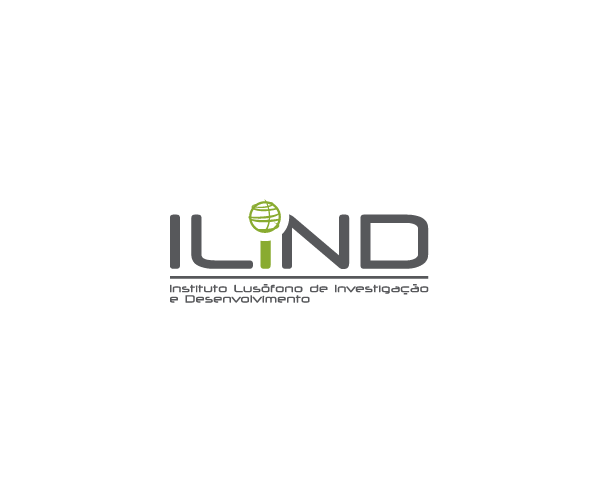
Project Reference
Start / End
01/11/2023 (24 months)
Status
Active
Funding Programme
ILIND / COFAC
Funding (Total)
50 000,00 €
Heilab Funding
50 000 €
Leading Partner
HEI-LAb
Consortium
HEI-Lab (ULusófona)
CICAMT (ULusófona)
Abstract
Digital technologies have become an integral part of our daily lives. Accessing medical prescriptions, making bank transfers, or renewing official documents, such as the driver’s license, are examples of services that tend to be carried out digitally. Those who do not “go digital” typically face many obstacles and have minimal alternative services and, therefore, digital exclusion and digital inequality have become the focus of growing attention and concern.
Measuring citizens’ digital literacy is of utmost importance to ensure they have the minimum level required to access the services and information provided digitally. Back in 2015, when UNESCO set the 2030 Agenda, this need was underlined, and one of the agenda indicators was, precisely, to assure that citizens achieve the minimum literacy skills. In particular, the “Sustainable Development Goal indicator 4.4.2: Percentage of youth/adults who have achieved at least a minimum level of proficiency in digital literacy skills”. Despite this, no adequate measures were developed and, in 2019, UNESCO made a call for the creation of such a measure. Until now, no research team or company has focused on developing an adequate measure to assess the minimum level of digital literacy as addressed by the UNESCO framework.
The TechMap project aims to develop and validate self-report measures to assess minimum digital literacy that, following future validation, will provide a snapshot of the minimum digital literacy in Portugal, informing the UNESCO 4.4.2 indicator. By developing an instrument that allows assessing the minimum level of digital literacy, it contributes to the development of adequate public policies to promote digital literacy and reduce digital exclusion. Measuring citizens' digital literacy is fundamental to successfully and equitably implement the European Green Deal digitalization strategy, the lifelong learning approach of the New European Agenda for Education 2021/2027, and the goals of Europe’s Digital Decade, namely that at least 80% of all adults should have basic digital skills by 2030.














